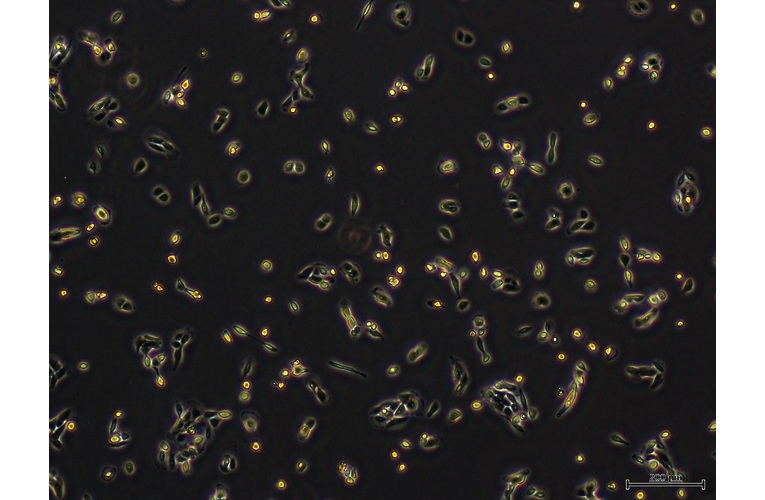Cat. #156411
R-3327 AT.2 cell line
Cat. #: 156411
Unit size: 1x10^6 cells / vial
Availability: 10-12 weeks
Disease: Cancer
Model: Cancer Model
£575.00
This fee is applicable only for non-profit organisations. If you are a for-profit organisation or a researcher working on commercially-sponsored academic research, you will need to contact our licensing team for a commercial use license.
Contributor
Inventor: John Isaacs
Institute: Johns Hopkins University
Tool Details
*FOR RESEARCH USE ONLY (for other uses, please contact the licensing team)
- Name: R-3327 AT.2 cell line
- Cancer: Genitourinary cancer
- Cancers detailed: Prostate
- Research fields: Cancer;Drug development
- Disease: Cancer
- Model: Cancer Model
- Description: AT-2 originates from the spontaneous tumor (R3327) of the prostate identified by W.F. Dunning in a 22 month-old inbred Copenhagen male rat in 1961. R3327 has been maintained by continuous serial passage in rats for many years. AT-2 was identified in 1981 and was the second of such anaplastic tumors to arise. Following subcutaneous transplantation in syngeneic male rats, AT-2 forms solid sheets of malignant cells with no indication of glandular function. These tumors are androgen-independent and grow continuously with a doubling time of approximately 2.5 days. AT-2 exhibits a low to moderate metastatic ability (<20% of rats inoculated sub-cutaneously develop distant metastases). The AT-2 subline can be used to study the effects of various types of cancer therapies on prostate cells.
- Cellosaurus id: CVCL_L303
Target Details
- Target: Androgen-independent anaplastic tumors
Handling
- Format: Frozen
- Unit size: 1x10^6 cells / vial
- Shipping conditions: Dry ice
References
- Musialik et al. 2013. Oncol Rep. 29(5):1789-96. PMID: 23467722.
- Isaacs et al. 1986. Prostate. 9(3):261-81. PMID: 3774632.




